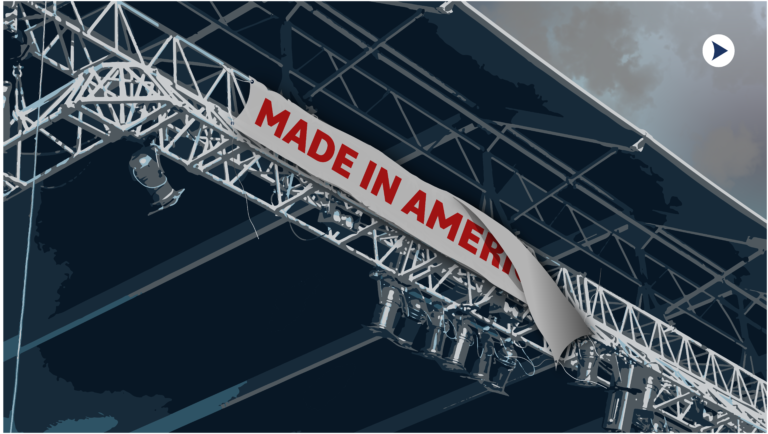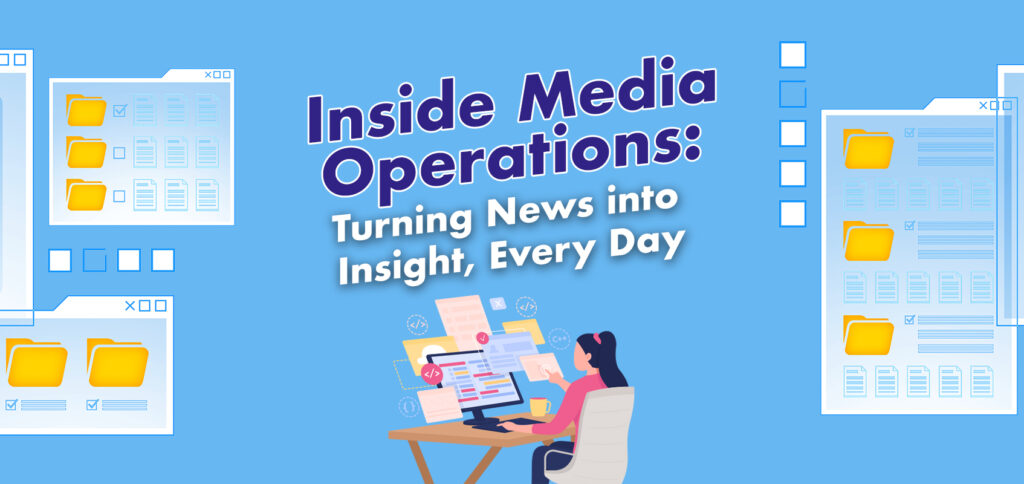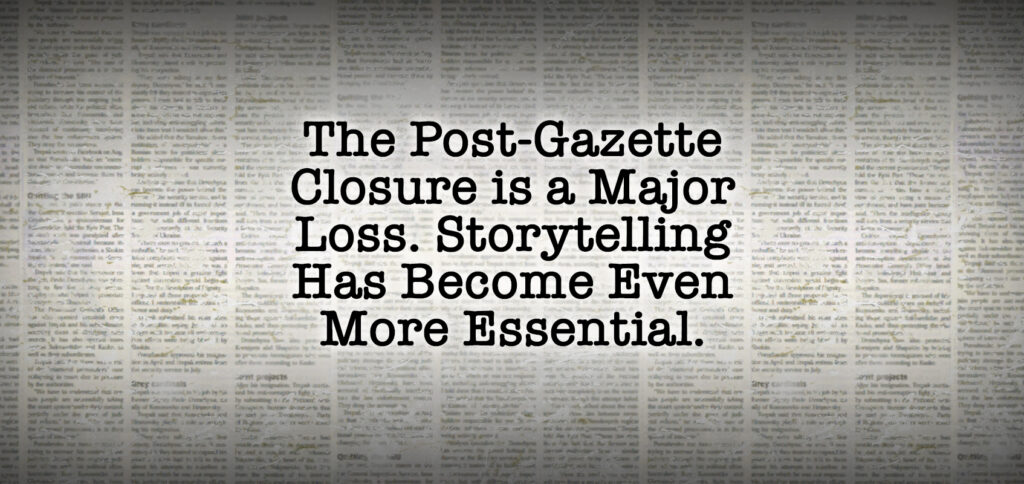
The cancellation of this year’s Made in America festival — which brings thousands of fans to the Benjamin Franklin Parkway in Philadelphia every Labor Day weekend for two days of music and all the stars — got people speculating.
Is this because of the high-profile lawsuit against headliner Lizzo? Were ticket sales low? Are city officials and festival founder/rap legend Jay-Z butting heads again?
At the heart of this speculation is a vague statement released by festival organizers:
“Due to severe circumstances outside of production control, the 2023 Made in America festival will no longer be taking place. This decision has been difficult and has not been made lightly nor without immense deliberation. Made in America has a legacy of delivering exceptional experiences for music fans and concert goers, and it is our commitment to always deliver a top-tier festival experience. We look forward to returning to Benjamin Franklin Parkway and the great city of Philadelphia in 2024.”
As a communications strategist, I often think about the work that goes into crafting these statements. Placing ourselves in the minds of Made in America’s public relations team, let’s look at what’s behind those carefully chosen words.
“Severe circumstances outside of production control”
- Jay-Z and his team are saying this isn’t their fault. The PR team wants the public to know they were powerless to fix the problem that derailed this event.
- “Severe” is a clear message, letting us know that whatever happened goes far beyond the typical glitches that organizers would normally deal with.
- “Circumstances” is as neutral a word as can be, telling us nothing about what actually happened. Not “problems,” not “delays,” just the factual conditions surrounding this event. We can assume an army of lawyers signed off on this whole statement.
A “difficult decision” “not made lightly.” Festival organizers know that canceling a major festival three weeks out is a terrible look, and this is their way of saying they made this call reluctantly. Made in America is a huge deal, not just for the fans, artists and the stage crews, but for the food and hospitality workers who count on this annual bump to the city’s economy.
“A legacy of delivering exceptional experiences…our commitment to always deliver a top-tier festival.” The deliberate choice to remind fans that they take pride in putting on a high-quality festival is significant. If I’m a member of Made in America’s PR team, I’m including this because I want people to read between the lines and conclude that Jay-Z pulled the plug this year because he did not believe the 2023 festival could meet his standards.
“We look forward to returning…to the great city of Philadelphia in 2024.” Jay-Z and company want it to be clear that: A) this cancellation is a one-off and B) there are no hard feelings between Made in America and the city.
Part of working in communications is predicting what the reaction to an announcement will be. Jay-Z’s team knew that the local press would naturally question whether this was a replay of the 2018 dust-up between Jay and Mayor Jim Kenney over the festival’s location, and they wanted to shut that down before it began.
In a moment of public messaging alignment, Mayor Kenney was quick to back that up.
In a statement that needs no PR-deciphering, he said, “We’re grateful to the partners and festival goers who have contributed to this event’s incredible success over the years, and we look forward to bringing MIA back to the Parkway next year.”

Allison Steele is a Senior Account Executive in Ceisler Media & Issue Advocacy’s Philadelphia office.



